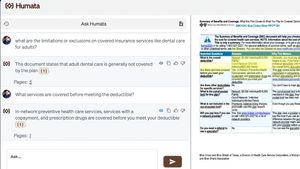JAKARTA - Orthorexia nervosa, is a term coined by an American doctor Steven Bratman, MD in 1977. This behavior is characterized by an unhealthy obsession with food quality when a person is on a diet. In another sense, it is an eating disorder in which a person is obsessed with healthy food and avoids foods that he considers unhealthy. This term comes from the Greek language which literally means "correct diet".
This disorder creeps slowly but surely invades the mind of the sufferer. Starting from the intention to lose weight and have a healthier body, sufferers begin to change their diet and add daily exercise routines. The weight will go down until the sufferer reaps praise from those around him.
The dopamine boost that comes from this compliment makes sufferers happy and begins to make them pay attention to what they eat, count calories, and check every food they eat. Soon, this disorder will make the sufferer unable to enjoy good food or other recreational activities. If they eat only 1 piece of cake, then they will replace it with vigorous exercise.
"For people with orthorexia nervosa, a pinch of salt is measured, every bite of food is counted, and then replaced with exercise. This cycle goes on obsessively until sufferers don't realize that over time their body and mind health is deteriorating," explained the study, quoted from Boldsky, Tuesday. , March 22
So, what should the patient do to recover?
According to Psycom, there are no treatments specifically designed for orthorexia sufferers. But according to the National Eating Disorders Association, mental health professionals often take the same medication as anorexia or obsessive-compulsive disorder.
Psychotherapy can help sufferers change their obsessive thought patterns about food and at the same time, treat accompanying mental health conditions, such as depression, panic disorder, stress, to anxiety disorders. In addition, positive support from the closest environment such as family, partners, and friends is also needed so that sufferers are free from this disorder.
The English, Chinese, Japanese, Arabic, and French versions are automatically generated by the AI. So there may still be inaccuracies in translating, please always see Indonesian as our main language. (system supported by DigitalSiber.id)













